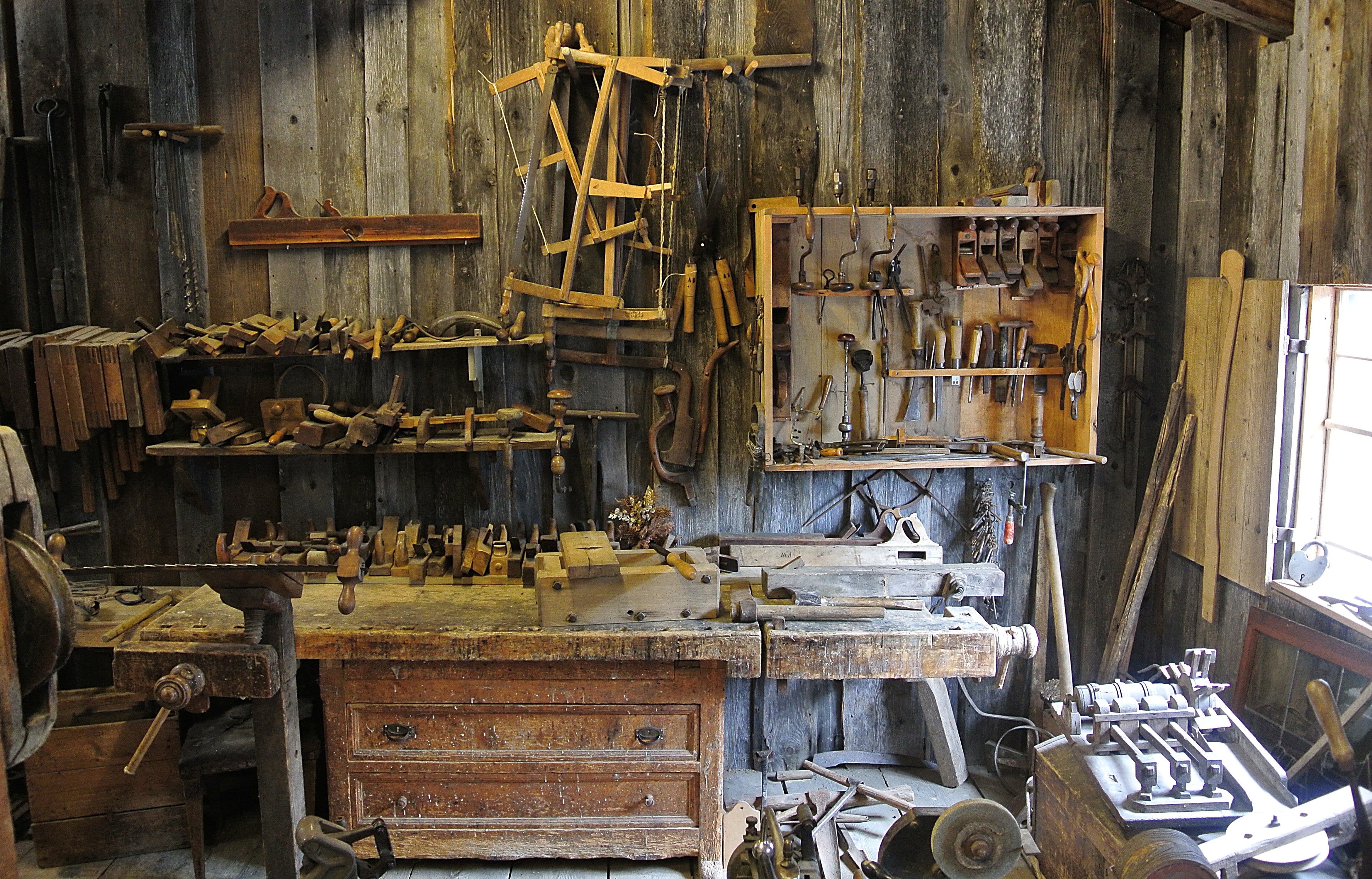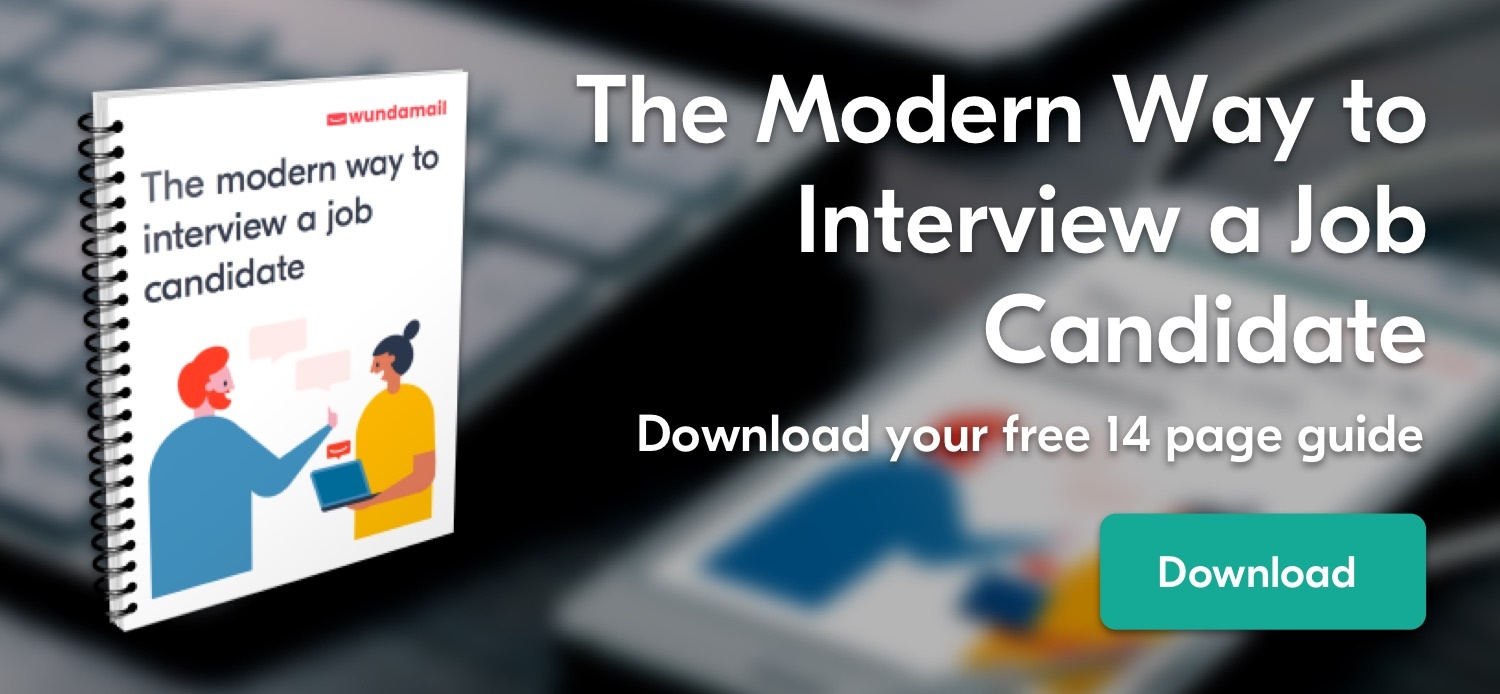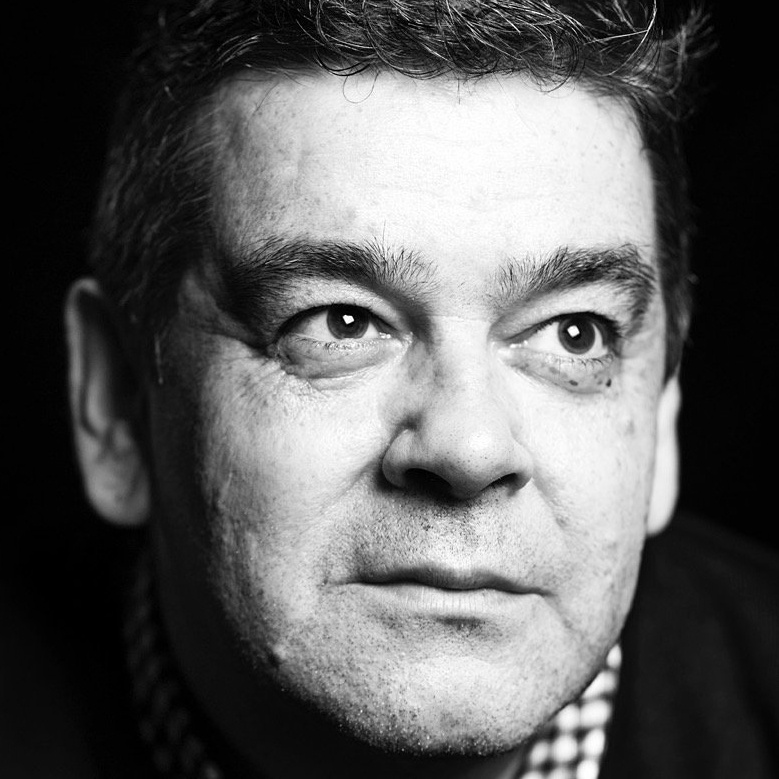We all know about the productivity gap. The primary focus of most business is how to boost and maintain productivity. We constantly look for ways to improve, to do our jobs better, quicker, and with the best possible outcomes. Sometimes we complicate the issue by continually slowing the pace with endless unnecessary meetings or lengthy email discussions which serve only as a distraction. How many times are we called to take part in some new fangled “fresh’ thinking based training session designed to improve productivity while keeping you holed up in a conference suite somewhere away from the job you''re supposed to be doing?
When we talk about boosting productivity, we’re talking about how we use our time. And so we need to be well equipped to use it well. Just as we rely on our tools, we should be equipping ourselves with good habits too. They're tools too.
For team leaders and managers, productivity is everything. It needn’t be. It ain’t rocket surgery. It's all about those habits. Low productivity is caused by bad habits. Habits which become ingrained into the working day as the norm. The most productive people, the ones who really get stuff done, live by routine. They work well by using their time well. Not just their work time, but their down time too. They’re habitual humans. They get up early, and their sleep time is consistent. There’s rhythm and routine to the way they live and work.
So what’s the goal here? We know the old saying 'its not about the hours you spend in work, its about the work you do in the hours’. And we’ve all been there too, on the commute home thinking back on the day with a sly grin, and realising that we got very little done. Its a guilty pleasure. So we need these positive, creative habits to keep us productive.
Switch the phone off. Go on, I dare you. Charge it away from your bed. In another room. It’s a powerful tool, we know, but the possibilities for distraction and disruption are as endless as the benefits. Create some balance. Put it down. Turn it off. Start with an hour and see how you go. It’s a liberating experience, and the fact that its so liberating is a reminder of how over-reliant we've become.
How the day goes often depends on how its starts. How often has something that went wrong early in the day spun out to affect the rest of your day? You never catch up. So start early. Start quietly. Take a few moments in the quiet and stillness of the early morning to consider your day. Plan your goals out.
Give yourself some focus and some time to breathe before you go rushing headlong into the day.
What about email? How often do you check yours during the working day? And in all honesty, ask yourself this. How often do you actually need to? Let’s be honest, nobody expects an instant answer to an email. Its not an instant messaging service, there are plenty other options for that. So we don’t need to spend the whole day going in and out of our inbox, checking. Its just another distraction, another drain on your time. It makes far more sense to set a time in the day to check and respond to your mail. Unless you’re waiting for something urgent, or your job is entirely based around email, you shouldn’t need to check it more than a couple of times a day.
Productive people don’t multitask. It’s a proven myth that you get more done. You don’t. You're actually just spinning plates and delaying everything. Moving between jobs, progressing them at different speeds and in different directions affects your cognitive processing. Its like changing gear at the wrong time, it’ll only damage the gear box and slow you down. By focusing on one task at a time, you're able to focus better, think clearer and complete it sooner.
These are simple habits. Routines and rhythms in our work to bring focus and clarity. These are the things that really productive people hold in common. Productivity benefits when we’re honest about how we work, when we live well and regularly challenge ourselves and hold a mirror to how we work and how we live. Be habitual. Work smarter.




